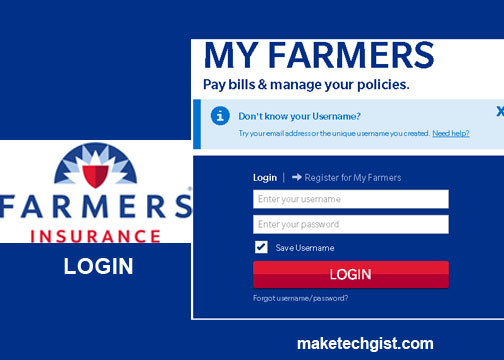Do you need life insurance in retirement? Millions of Americans receive important financial protection from life insurance. Life insurance is a crucial and affordable assurance for individuals, including young professionals, married couples, and elderly individuals with limited resources. However, do you need life insurance in retirement?

Do people who have retired from the workforce need to spend their money elsewhere, or is life insurance still worth it? Answers to these questions are unique to each person, as they are with most financial matters. Moreover, there are reliable methods to determine the worthiness of life insurance for retired individuals. When purchasing life insurance, it is crucial to acquire a free pricing quote to understand the process and expectations.
Do You Need Life Insurance in Retirement?
Life insurance is a financial tool used to pay funeral expenditures and debts, as well as to support charity organizations in retirement. In cases where you already have these covered, you do not need life insurance in retirement. However, there are several reasons why you may or may not need life insurance in retirement.
Depending on several factors that affect your financial situation determine whether or not you need life insurance. Most families spend most or all of their money on family support, such as childcare. If both couples rely on their income to sustain the family, they may require life insurance in retirement to provide financial security after their deaths.
Factors to Determine Whether or Not You Need Life Insurance in Retirement
There are a few questions you should ask yourself to assist you decide whether to keep your life coverage after retirement. Think about these factors while you’re making a choice.
Do I Still Make Money Outside?
It’s possible that you already know for sure if you require continuous coverage. You probably don’t need life insurance in retirement if you’re retired and don’t need to work to make ends meet. Life insurance can help cover estate taxes if you anticipate paying them. Another option would be to use life insurance to leave a tax-free amount to a charity or your dependents.
Do Your Recipients Require Additional Coverage?
When you die, your family inherits your estate and receives your retirement accounts. However, inheriting an IRA may result in tax ramifications, and Social Security provides a survivor benefit. Before purchasing life insurance, be sure you understand your family’s benefits, tax ramifications, and income needs.
How Are You Going to Cover Your Funeral Expenses?
The typical funeral expenses range from $7,000 to $12,000. Along with the legal fees associated with handling your estate and will, your family may also be responsible for your last medical bills. Would you like to pay for your family’s expenses? In retirement, you could achieve this by purchasing a modest life insurance policy. However, if you save enough money and pay for your funeral in advance while living, you may not need life insurance after retirement to cover these costs.
Do You Owe Money?
Retirement age does not automatically imply debt-free, with over 10 million Americans over 65 having a mortgage in 2023. Over the last two decades, student loan debt has grown 19 times, with 3.5 million over-60s owing more than $135 billion. To solve this, ongoing life insurance coverage and cash value insurance may be advantageous, particularly if debt payments are minor and there is no chance of financial hardship.
How Would You Characterize Your Family’s Situation?
Life insurance needs depend on whether you have a spouse or children. If you have children out of the house, life insurance may not be necessary. Life insurance may be necessary for individuals with special needs or living at home to cover future college expenses, provide income for spouses, or cover part-time work.
Would It Benefit Your Estate?
Life insurance can be used strategically by individuals with substantial assets to manage estate taxes, pay off business debt, fund buy-sell agreements, or fund retirement plans. However, this tax-efficient use requires legal assistance. Life insurance can also be used to make a charitable contribution to a favorite cause, as long as the beneficiary is designated on the policy.
What Happens to Life Insurance After You Retire?
Your retirement will not have an impact on any individual life insurance plans you may have. But most group life insurance plans offered by employers expire after you retire. The group policy may allow you to temporarily transfer your employer’s life insurance to maintain your coverage.
If you do not currently have supplemental life insurance and your employer-provided coverage expires, you may want to consider purchasing an individual life policy. This may include final expense insurance, commonly known as burial insurance. It’s inexpensive and made with senior citizens in mind.





